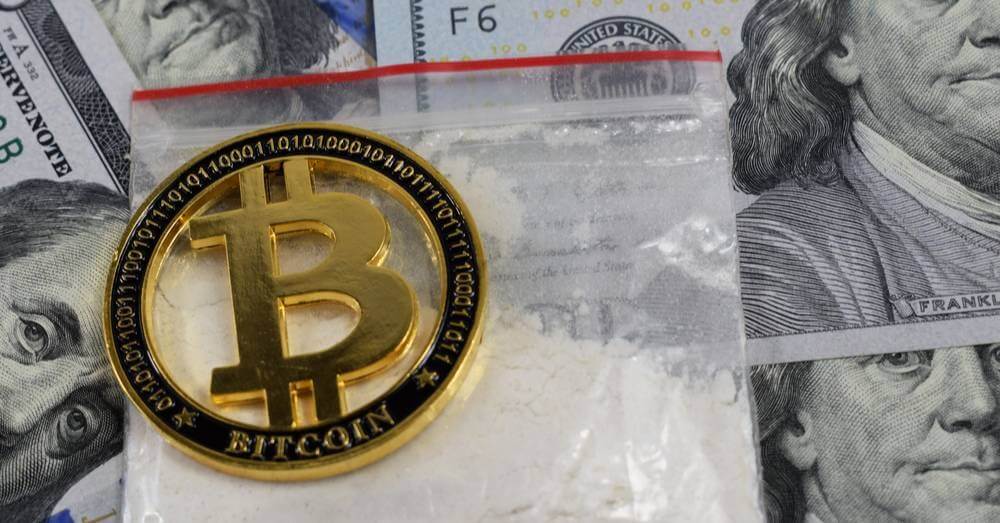
The French finance minister denounced cryptocurrencies but praised the blockchain technology for its reliability and traceability features
Since the advent of Bitcoin and blockchain technology, several prominent figures have aired their views about them publicly. Most of the prominent figures have been against Bitcoin since it is a digital asset and currency strayed away from the conventional form of money or financial asset. However, they always support blockchain technology as they believe it to be a revolutionary technology that could transform several sectors of the global economy.
The latest to lend his voice in this area is the French finance minister. Bruno Le Maire, the French finance minister, praised blockchain technology features but believes that cryptocurrencies facilitate various vices such as money laundering and the illegal purchase of weapons and drugs.
Le Maire made his opinion known in a tweet yesterday. He stated that he doesn’t question the traceability and reliability features of the blockchain technology. However, he claimed that cryptocurrencies are associated with money laundering and the illegal acquisitions of weapons and drugs.
The minister was responding to Cyril Paglino, who is a general partner in crypto fund Starchain Capital. Paglino tweeted that blockchain transactions had no interest in terrorists.
Banks help launder money
Several prominent figures had come out to bash cryptocurrencies for their alleged roles in money laundering and other vices. However, recent reports have confirmed that traditional banks worldwide are the major players in the money-laundering schemes.
A series of files leaked by the United States Financial Crimes Enforcement Network (FinCEN) revealed that the leading banks are behind illicit transactions and money laundering schemes worldwide.
The files offer an unprecedented view of the global financial corruption, with banks enabling it. They further reveal that the government agencies simply watched as the money laundering network flourished globally.
The agency stated that some of the anti-money laundering laws to stop financial crimes have allowed it to flourish. The report stated that the banks notice criminal activities but proceed to facilitate the transactions. The bank immunises itself and its executives by issuing a suspicious activity alert, which allows them to keep moving the illicit money and collect the fees without any repercussions.
Some of the biggest banks involved in global financial corruption include JPMorgan Chase, Standard Chartered, HSBC, Deutsche Bank and the Bank of New York Mellon. These banks and more have enabled a shadow financial system via which illegal funds can be moved freely.
Despite the attempt to discredit cryptocurrencies and blame them for money laundering and illegal drugs and weapons purchase, evidence continues to stem, showing that the traditional banks play a larger role in the global financial crime schemes.

